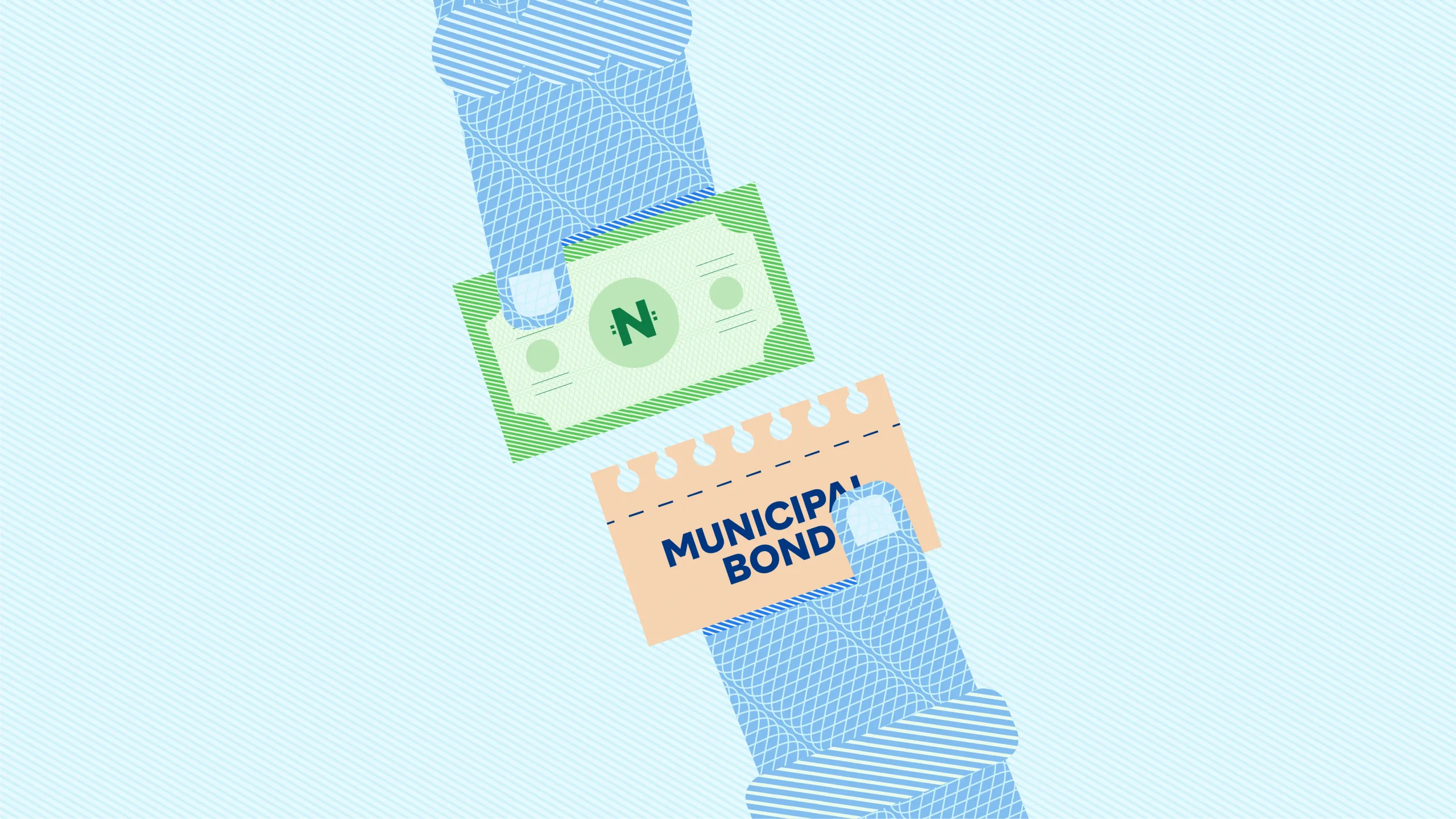
What are Municipal Bonds?
Municipal bonds are debt securities issued by state and local governments, municipalities, and the public authorities they have established.
A brief background into Municipal Bonds
Municipal bonds are often used to finance public projects such as hospitals, roads, schools and other infrastructure projects. They are considered relatively safe investments because the issuing government is unlikely to default on its debt.
When you invest in municipal bonds, you are essentially lending money to the issuing government. In return, the government promises to pay you regular interest payments, typically semiannually, and return the principal amount on the bond’s maturity date. Municipal bonds are often issued with a 10 to 30-year maturity period. Their interest rates are lower than corporate bonds.
It’s important to note that while municipal bonds are generally considered lower risk compared to other types of bonds, they are not entirely risk-free. Factors such as changes in interest rates, credit quality, and the financial health of the issuer can impact the bond’s value and the issuer’s ability to repay.
Types of Municipal Bonds
There are two primary types of municipal bonds: General obligation bonds (GO bonds) and Revenue bonds.
1. General Obligation Bonds
General obligation bonds are backed by the full faith and credit of the government, which means that the government is legally obligated to repay the bondholders, even if it means raising taxes.
2. Revenue Bonds
Revenue bonds are backed by the income generated by a specific project or source. If the project succeeds, the bondholders will get their investment back with interest. However, the bondholders may only be paid back in full if the project is successful. Also, revenue bonds are riskier than general obligation bonds but offer higher interest rates.
Advantages of Municipal Bonds
1. Fixed Income Stream
Municipal bonds offer investors a steady income stream by paying interest regularly. These interest payments are made semiannually or annually throughout the bond’s lifespan. Investors who are looking for a consistent source of income may find the predictable revenue stream to be an advantage.
2. Portfolio Diversification
Municipal bonds have a different risk and return profile than stocks and other bonds, making them a smart way to diversify your investment portfolio. For instance, municipal bonds’ prices change less than equities’ because they are often less volatile. If most of your portfolio is made up of equities, this can lower your total risk.
Learn more about Portfolio DIversification.
Risks of Municipal Bonds
1. Call Risk
The issuing government may call a bond before it matures, which could force investors to reinvest their money at a reduced interest rate. When a bond is called, the issuer pays the bondholder the full face value of the bond plus any accrued interest. This means the bondholder will have to reinvest their money at a new interest rate, which may be lower than the interest rate they earlier received.
2. Interest Risk
Interest rate risk is the risk that the value of a bond will change if interest rates change. When interest rates rise, the value of existing bonds with lower interest rates will fall. This is because investors can now earn a higher interest rate on new bonds, so they are less willing to pay as much for older bonds with lower interest rates.
3. Default Risk
Investors should know that the debt-issuing government might stop making payments. Despite the rarity of this event, investors should be aware of the risk.
How can you invest in Municipal Bonds?
- Direct purchase from issuers: Some issuers allow investors to purchase municipal bonds directly. This is the most common method for large institutional investors.
- Through a broker: Most investors use a broker to buy municipal bonds. Brokers have access to many municipal bonds and can help investors select the best bonds for their investment objectives.
- ETFs or mutual funds: Investors who want to buy a diversified portfolio of municipal bonds may consider municipal bond mutual funds or exchange-traded funds (ETFs). These funds invest in various municipal bonds, which can help reduce risk.
Before investing in municipal bonds or any other financial instrument, it’s advisable to consult with a financial advisor or conduct thorough research to understand the risks and potential returns associated with it.
Invest in Municipal Bonds
Some of our mutual funds at Cowrywise have bonds in their mix. So when you invest in them you are already investing in bond instruments. Check the available bond funds. ??????

ALSO READ
What Are Bonds and How To Invest In Them?
Fixed Income Securities: A Comprehensive Guide
Invest Safely: 8 Low-Risk Investments with High Returns
